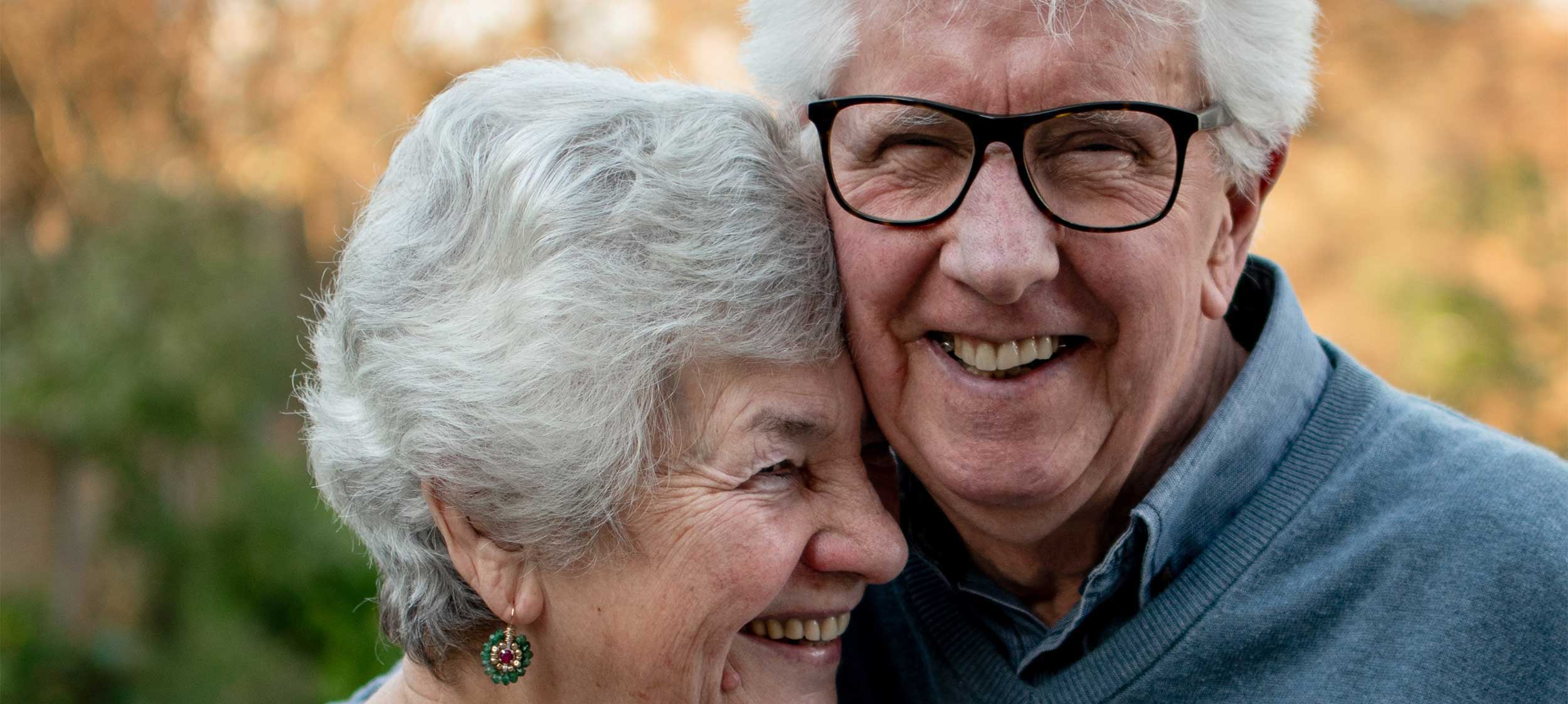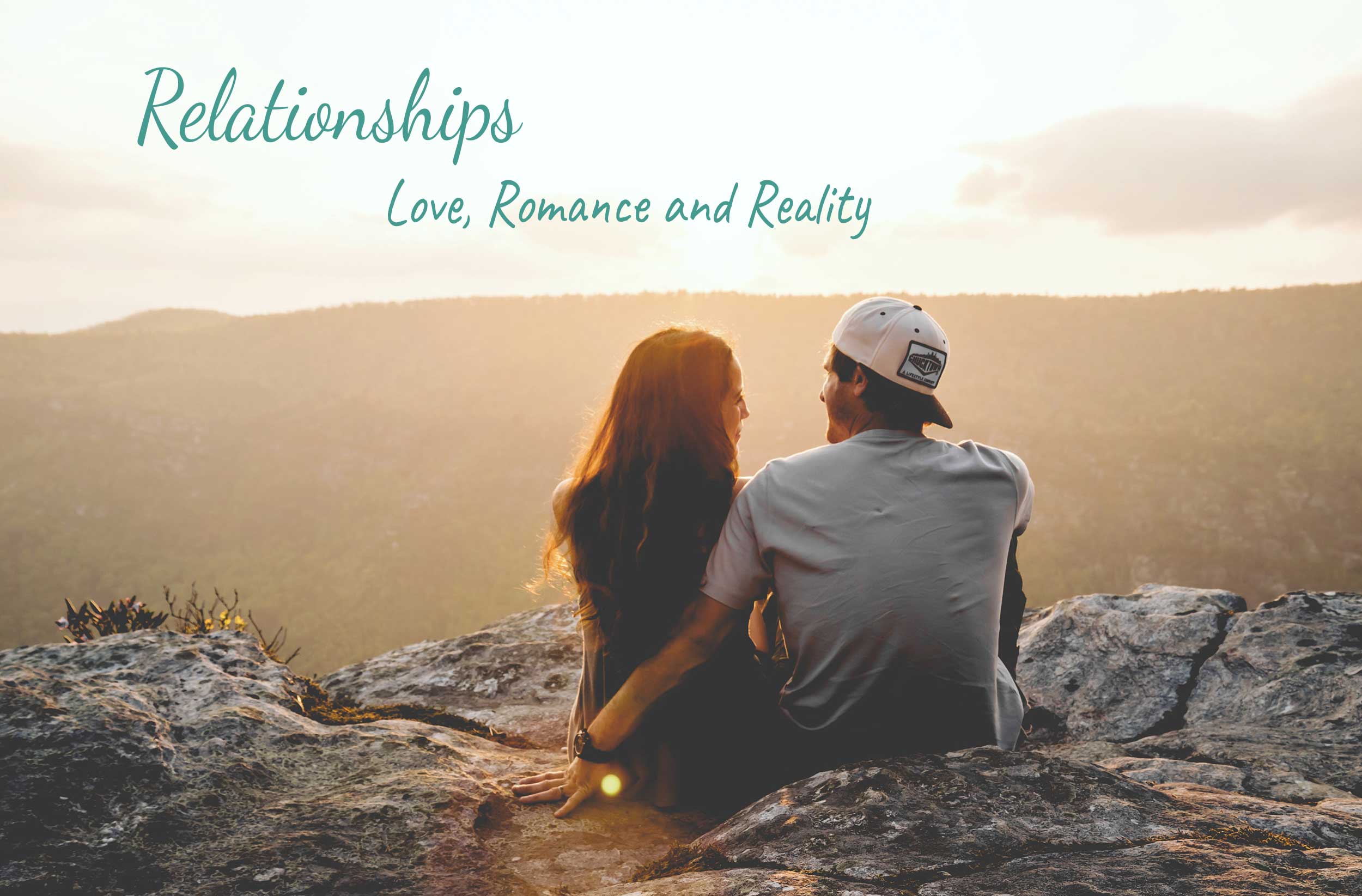

Congratulations
on reading this!
Most people do more training for their driver’s licence than for the most important relationship in their lives—and we wonder why there’s such a road toll on the street of love!
“Happily ever after” sounds like an exaggerated claim from a fairytale, but a good relationship is one of the best sources of personal happiness. One study found married people are nearly twice as likely as single people to feel good about their lives generally, and that this happy attitude positively affected their work, friendships and parent- hood.
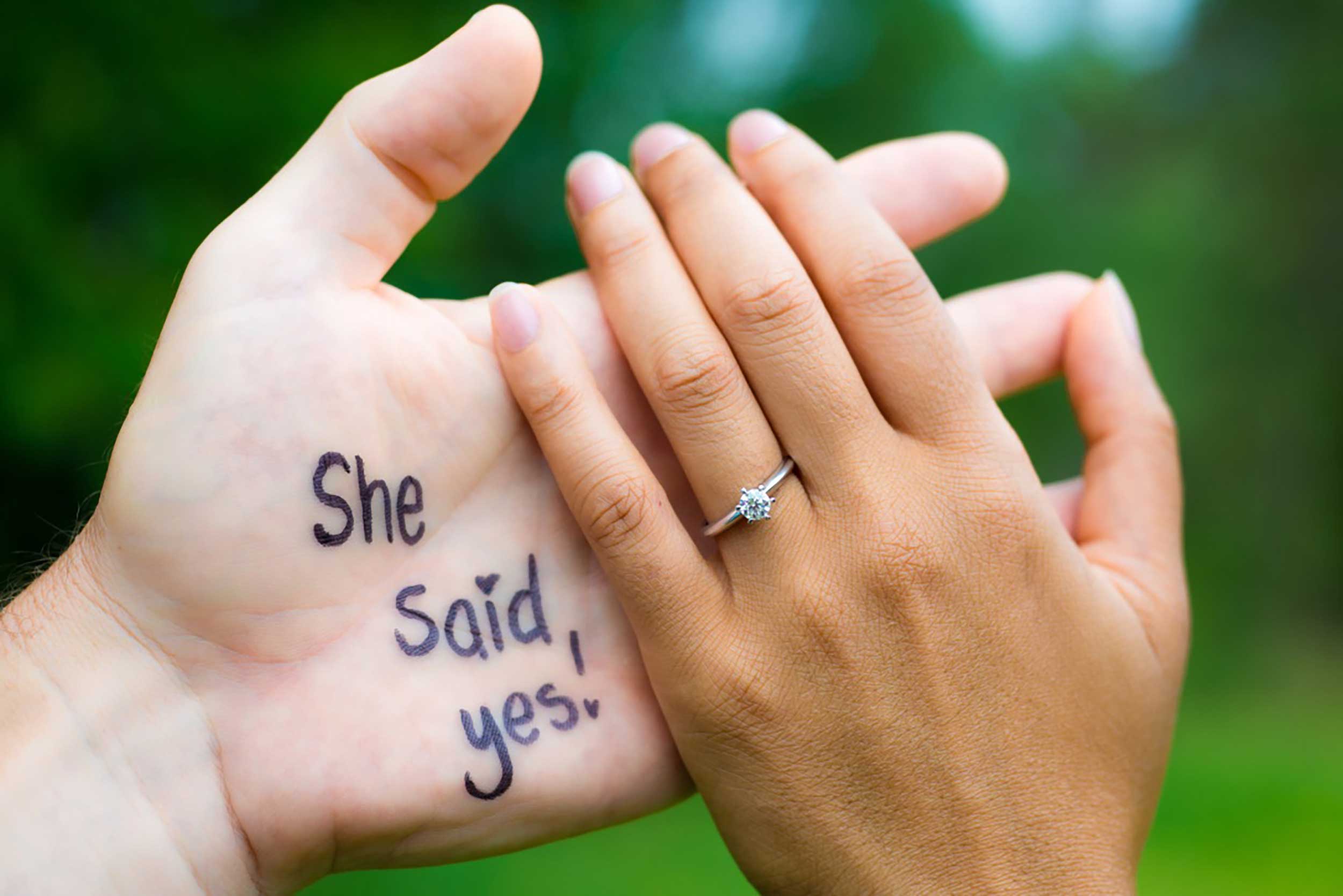
Congratulations
on reading this!
Most people do more training for their driver’s licence than for the most important relationship in their lives—and we wonder why there’s such a road toll on the street of love!
“Happily ever after” sounds like an exaggerated claim from a fairytale, but a good relationship is one of the best sources of personal happiness. One study found married people are nearly twice as likely as single people to feel good about their lives generally, and that this happy attitude positively affected their work, friendships and parent- hood.
If that sounds vague and hard to measure, consider a British study that found suicide rates per 100,000 people were:
-
Nine for married people
- 17 for unmarried people
204 for people who had suffered unresolved relationship breakdown.
Relationships can be blissful,or dangerous if you don’t understand what you’re doing. Studying relationships even makes sense financially when the costs of divorce are so huge. One study estimated that every Australian pays over $300 tax dollars each year towards the costs of divorce, compared to a mere 16 cents invested in marriage education. But by reading these lessons, you’re taking a positive step and investing in your future happiness.
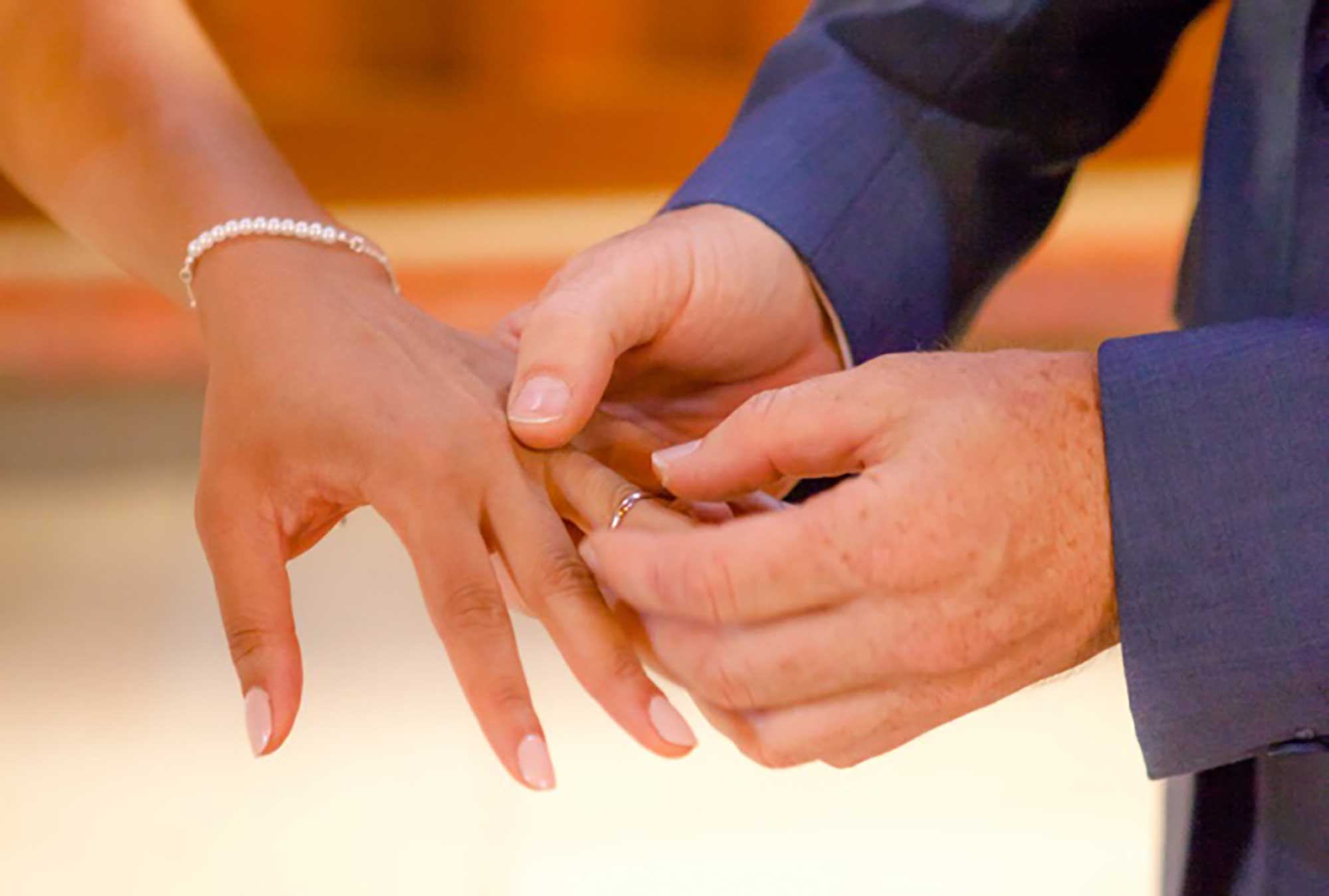
If that sounds vague and hard to measure, consider a British study that found suicide rates per 100,000 people were:
-
Nine for married people
- 17 for unmarried people
204 for people who had suffered unresolved relationship breakdown.
Relationships can be blissful,or dangerous if you don’t understand what you’re doing. Studying relationships even makes sense financially when the costs of divorce are so huge. One study estimated that every Australian pays over $300 tax dollars each year towards the costs of divorce, compared to a mere 16 cents invested in marriage education. But by reading these lessons, you’re taking a positive step and investing in your future happiness.
Who taught you love?
Where did you get your ideas and beliefs about love? Your parents have probably been the most important influence on your opinions and behaviour. If they have a happy and stable relationship, you’ve probably inherited reliable information (and statistically, a better chance at a happy marriage).
But one popular educator likes to ask audiences, “How many of you would get married if you knew you’d be as happy as your parents?” Out of an audience of 400, usually only a dozen people put up their hands. Many of us need to learn skills and attitudes our parents can’t teach us.
The media is probably the second biggest influence on your thinking. Movies and sitcoms explore every possible relationship situation, and while we laugh them off, they influence our attitudes in subtle ways. But how much of an expert are writers about psychology? The Hollywood area has the world’s highest income levels but also the highest divorce rate:
78 per cent of first marriages fail. Many stars are so good at relationships that they marry four or five times, plus affairs! And yet Hollywood claims to be the dream factory, exporting its failed ideas about love to the world.
Although this course explores marriage relationships, its principles are also relevant to other relationship situations. It does not specifically address arranged marriages, polygamy, de-facto relationships or same- sex relationships, but all relationships have major common aims—fun, belonging, surviving hard times, communicating, resolving conflict and growing closer.
We hope as you read and respond to this course, you will learn something about yourself, the people close to you and how you can interact together to achieve lasting and fulfilling relationships.
Many celebrities are ‘so good’ at relationships that they marry four or five times, plus affairs!
We hope as you read and respond to this course, you will learn something about yourself, the people close to you and how you can interact together to achieve lasting and fulfilling relationships.
Now let’s get down to basics . . .
What is love?
What a silly question! Everyone knows about Romeo and Juliet, Napoleon and Josephine, Homer and Marge.
Myths of romance are still globally popular, fuelling some 40 per cent of book sales and 90 per cent of songs: “What’s Love Got To Do With It?”, “What Is Love Anyway?”, “It Must’ve Been Love (But It’s Over Now)”.
Everyone knows love is, er. . . you know. . .
Actually our ideas about love can be vague. You might “love” your grandmother, your spouse, your favourite ice-cream and your dog.
Most media portrayals emphasise sex and emotion, probably because it’s easier to show action and feeling on the big screen.
But surely a balanced definition of love involves the total person:
• thinking (stable friendship, logical commitment, common interests)
• emotions (romantic feelings, intimacy, passion)
• physical (sexual chemistry, body language, actions)
• spiritual (deepest beliefs, hopes, ethics, connection to God as source of love)
Let’s start with romantic love (because many relationships do). It excites, fascinates and obsesses, propelling people out of the everyday on to a magic carpet ride to a whole new world. Romantic love can be positive.
It can motivate kindness, bring wonderful feelings that you matter and that life is good, and can make you aware of your spiritual side beyond humdrum life. It can also grow into a deeper and more realistic love.
Yet there are dangers in romance. It can blind us to reality and cause an unwise choice of a partner. It can be mere escapism that does not stand up in real life. Its ending can cause pain and discouragement.
What makes romantic love so powerful?
In their must-read book Really Relating, David Jansen and Margaret Newman outline some of the forces that exist in the subconscious mind, that part of us that lies beneath the surface of our consciousness like an iceberg—and often causes titanic disasters.
These include:
-
- Sexual desire: a biological drive that is great fun, but no proof of genuine love or compatibility.
- The need to pair: a drive that reproduces life in all living things.
- The need to be closely bonded: a basic human need that develops from our childhood attachment to parents.
- The need for intimacy: to know another and yourself physically, intellectually and spiritually.
- The desire to feel whole and “completed” by someone else.
- The desire to feel “in love”, an expectation created by cultural myths and media stories.
- The wish to love someone, often without asking whether you’re making a good choice.
-
-
- Fantasies about your ideal “dream lover”, which your imagination attaches to someone despite what the real person is like.
- The wish for a self-esteem boost from someone appreciating you.
- The old song says, “You’re nobody till somebody loves you”, but letting someone else tell you who you are can set you up for manipulation and disappointment.
- The desire for the elusive and unattainable, similar to a dog chasing a car, and then not knowing what to do when it catches it.
- Addiction: romance gives a “high”, causes withdrawal cravings and can cause dependence.
-
In short, anything on this list can feel like genuine love but is not—or is, at best, only part of the real thing.
This explains why so many intelligent people look back on their romantic decisions and wonder who temporarily removed their brain!
The challenge is that romantic love doesn’t last long.
(Maybe that’s why Shakespeare has Romeo and Juliet die before everyday reality sets in.)
For every song or movie that praises passionate love, there is another talking about losing it: “You’ve Lost That Loving Feeling”, “You Don’t Bring Me Flowers Any More” (notice both those songs blame the other person).
When the initial passion fades, you have at least three choices:
1. Swear you’ll never fall in love again and run away to join the Foreign Legion.
2. Try to find someone else who will make you feel that way again, but this is not easy and probably won’t last either.
3. Welcome the arrival of reality into the relationship and see it as a challenge to personal growth.
When you realise your partner is not an angelic supermodel with the ability to know and meet your every need—and neither are you—then you can start to notice what good qualities there really are, and build on those.
This can be the start of a much more realistic love.
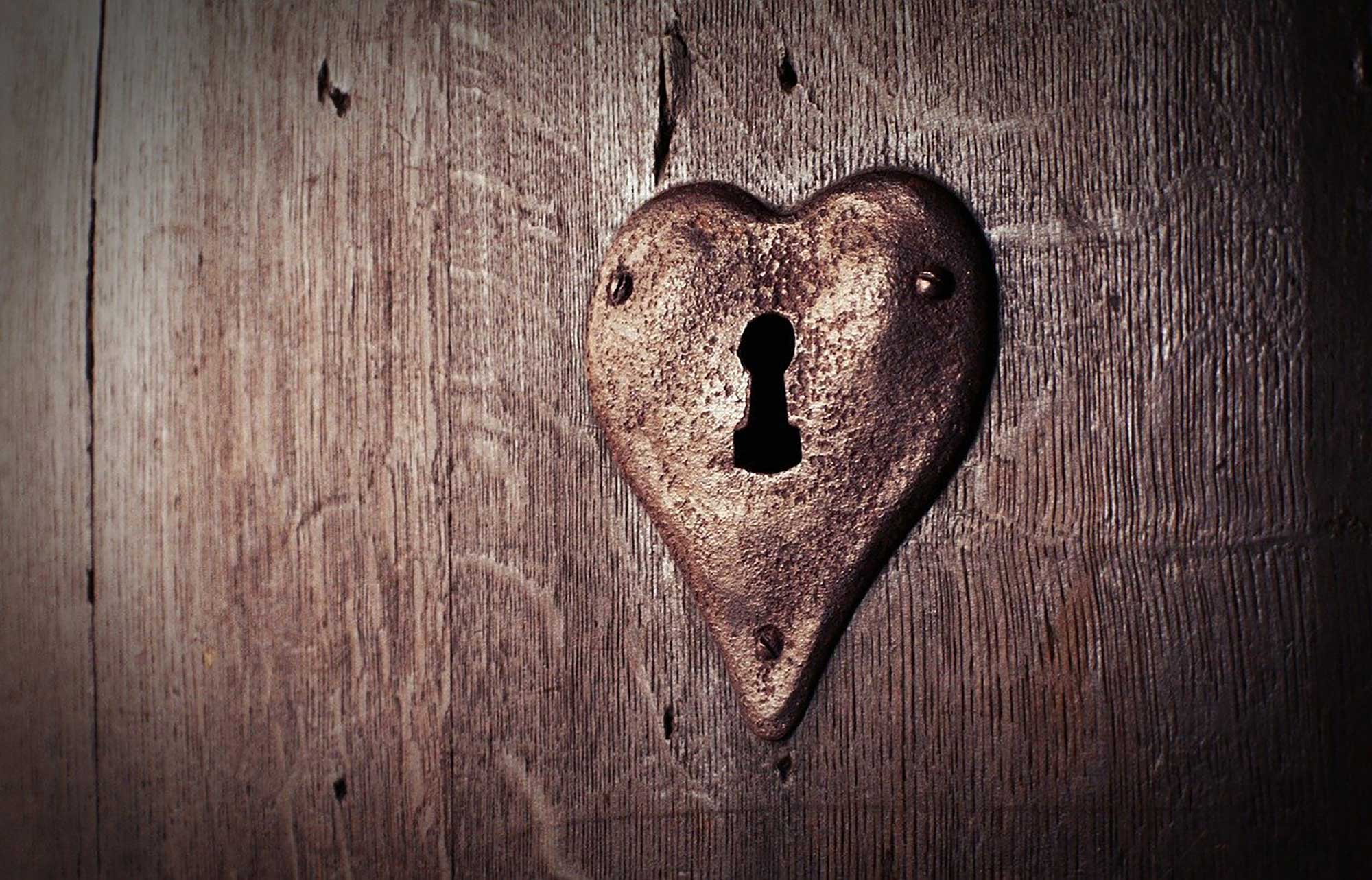
Stages of Relationships
Most love relationships start with intensity of passion, and then mature into milder and more seasoned stages.
Note: this doesn’t mean they have to become drab and routine, starting out like a lacy negligee and turning into flannelette pyjamas.
The developmental model of marriage accepts that every relationship is different, but here is one way to describe the stages couples go through:
1. Courtship or Romance.
Oh the thrills, the chemistry, the desire to show your “best self” and ignore your dark side, and be blinded to the faults and problems in your lover and yourself.
2. Reality
Oh the thrills, the chemistry, the desire to show your “best self” and ignore your dark side, and be blinded to the faults and problems in your lover and yourself.
3. Conflict
“I want my needs met. I thought it’d be better than this. If only you’d change.” The conflict can be open, angry warfare, or hidden, under- handed manipulation and icy cold logic. This is the stage where many people walk out. Many couples believe conflict means it’s all over, but the wise or lucky ones see conflict as a challenge and find ways to resolve their conflicts. (We cover conflict resolution in the course, “Conflict Management”.) Others hope that if they ignore conflict, it won’t affect them. But those who learn to handle conflict will pass this test and progress to the next level.
4. Resolution
To make it here, a couple has learned communication skills and grown as people. They’re friends who have been through a lot together.
They are confident that if more problems arise, they have strategies and experience at handling them. They can now enjoy the rewards of security, trust, fun and comfort.
They can also be deeply and truly romantic and sexy.
Other writers describe the stages of relationships differently or in more detail, for example:
Individual
You start as an individual.
Romance stage
You emphasise all the things you have in common: “Wow, we like the same songs and the same football team. It must be love!” This lasts between 15 months and three years in most marriages (or a few weeks in a second marriage).
Power struggle
Usually one partner begins to feel a little suffocated by all this closeness, and tries to establish some personal space and boundaries in the relationship. (“Do we have to spend every evening together?”) The other partner feels hollow and unloved, and so starts to chase. This can make the first partner feel even more trapped, and make them overreact and push the other away.
This is where a lot of relationships break down, especially without formal marriage ties. Some people have a habit of quitting at this stage, jumping back to the romance stage again with someone else.
Compromise
During this stage partners start to think practically and work out an arrangement that works for both of them. This takes discipline and maturity, which is why so many couples spin out at this stage and have an affair or disappear into their work—but that’s the easy way out and not a real solution. This stage can last 5–15 years, depending how well partners can negotiate.
Re-approachment
The partners realise they are mature enough to live independently, but they actually like each other and want (rather than desperately need) each other. They start to make it fun.
Co-creation
This is eating dessert. The partners have their stuff together. They work like a great basketball team that know each other’s moves, and yet they keep growing and surprising each other. They are comfortable, but not bored and passionless. They have a lot to give to the family and the community.
And so . . .
We’ve discussed “love” as a thrilling infatuation, and how that can mature into love as reality-based friendship and commitment with plenty of passion and fun. Time for your response (we don’t want to do all the talking):
-
-
- Did any of this ring true about your relationship or that of others?
What stage do you think you’re up to? (Don’t beat yourself up about
this. Try to understand it.) - What changes will it take to get you to resolution stage? How long?
- Does your partner agree?
- Where would you like to be in one year or 10 years from now?
- Did any of this ring true about your relationship or that of others?
-
Love does
-
-
- Accept you always
- Affirm your goodness
- Encourage you
- Keep your confidences
- Act kindly
- Laugh
- Empathise with you
- Listen
- Take responsibility for its own behaviour
- Make you feel glad to be you
- Value your uniqueness
-
Love doesn’t
- Control or abuse you
- Blame or bully you
- Judge you
- Use secrets and sore spots
- Need to always be right
- Pout or refuse to talk to you
- Punish you for being wrong
- Undermine your confidence
- Use you for its own purpose
- Remember mistakes
- Devalue you
